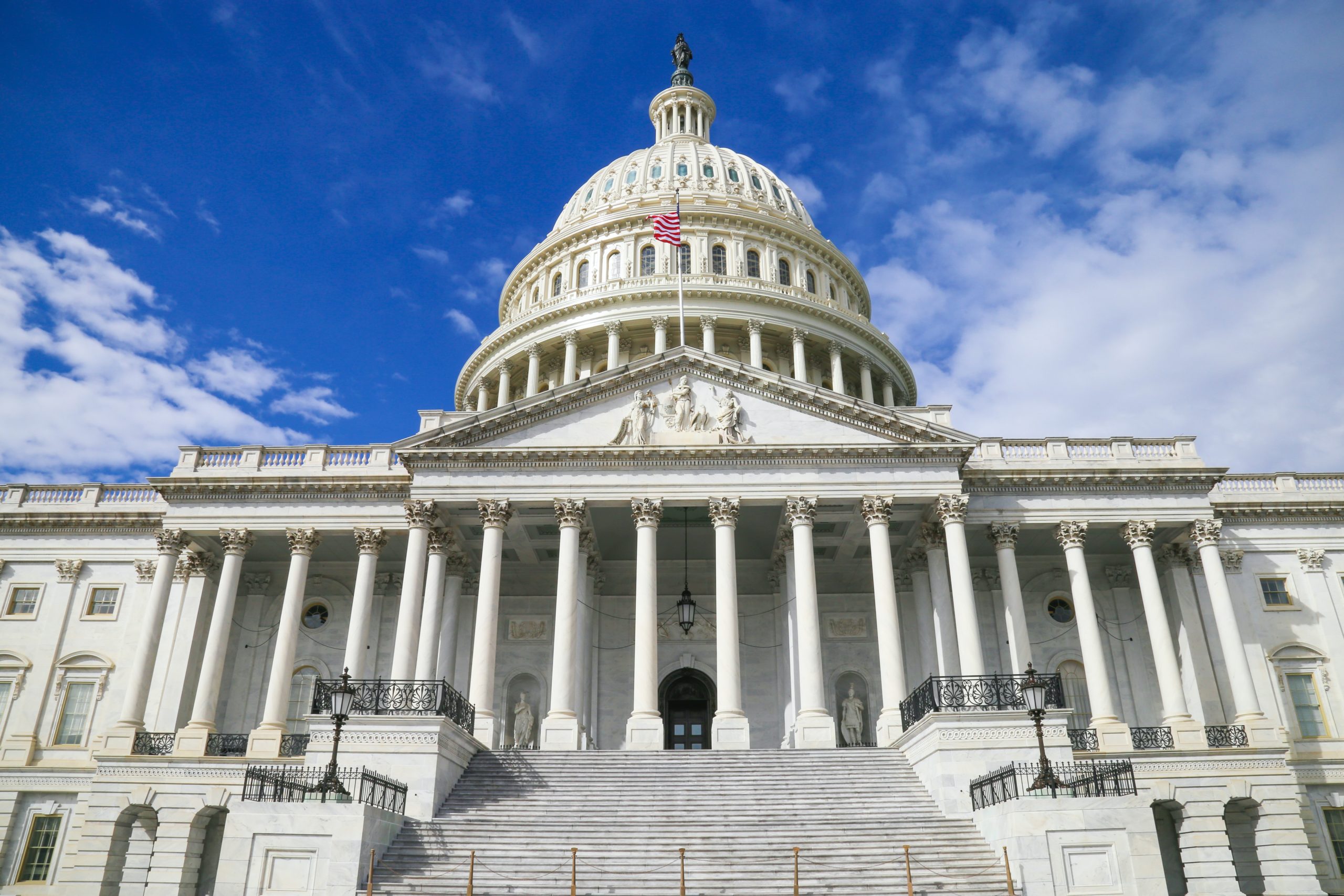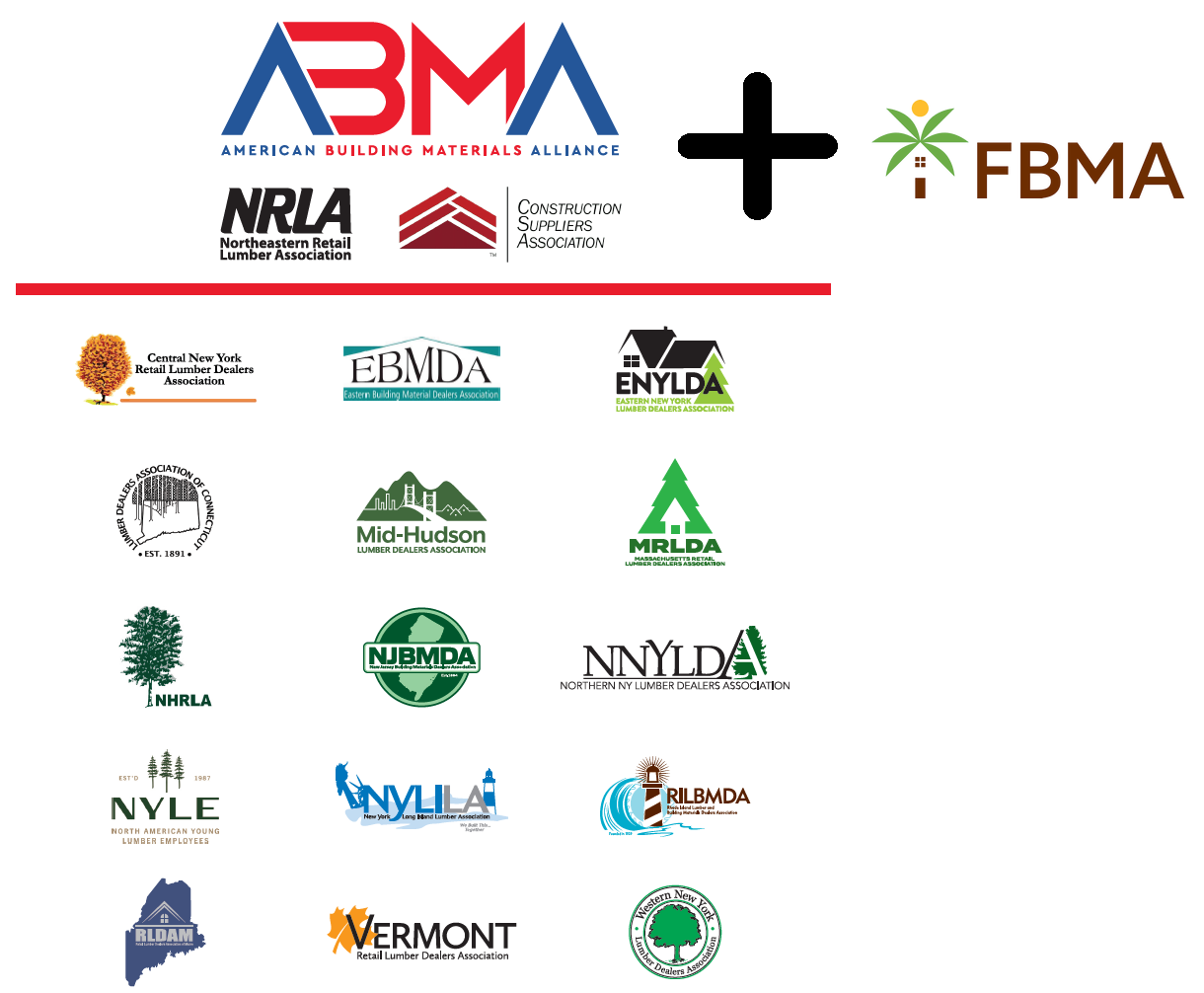Congress
The House of Representatives continues to be Speaker less. This week. House Majority Leader Steve Scalise edged out House Judiciary Committee Chairman Jim Jordan in a closed-door Republican conference vote. Unfortunately, that was just one step in the process and Mr. Scalise failed to secure the requisite number of votes necessary to take the gavel. That threshold is 217 if every one of the current members votes and does so for a candidate by name. There are 433 members, with two vacancies, so a majority is 217. Right now, the GOP is discussing alternatives such as providing additional powers to Speaker Pro Tem Patrick McHenry (R-NC), who was designated as former Speaker Kevin McCarthy’s back-up when McCarthy won the Speakership in January. There is also discussion among Republican and Democrat moderates about forming a coalition governing agreement in the House, but that scenario is unlikely. The situation is fluid and a resolution is not clear at this juncture.
The conflict in Israel this week has put pressure on the GOP to unify and elect a leader, but thus far there are several holdouts that have signaled that they do not intend to vote for any of the candidates that have come forward. As we have noted, without a Speaker the business of legislating in the House has come to a standstill and threatens to result in inaction not only on our public policy priorities, but all functions of government that depend on Congressional action.
Independent Contractor Rule
Late last month, the Office of Information and Regulatory Affairs (OIRA) completed its final review of the proposed Independent Contractor rule. Completion of the review process opens the door for a final rule to be released sometime this month. The public comment period for the proposal closed on December 12, 2022, and the Department of Labor has been processing those comments since that time. The final regulation will replace the Trump-era rule that provided a clear definition of the independent contractor and employer relationship and was generally more lenient in allowing employers to classify workers as contractors. The proposed rule expands the coverage of the Fair Labor Standards Act by reclassifying many individuals as “employees” who, under current law, are working as independent contractors. If the final rule is not modified based on public comments, it could create inefficiencies and increase costs throughout the entire building material supply chain.
This issue has been a major concern for sectors like trucking and construction that rely on the independent contractor model. If significant changes to the proposal are not made and it is adopted in its current form, the new rule will result in more workers being deemed “employees” instead of contractors.
Federal Forest Management Bill Reintroduced
In late September, Senate Energy & Natural Resources Committee, Chairman Joe Manchin (D-WV) and Ranking Member John Barrasso (R-WY) reintroduced the “Promoting Effective Forest Management Act of 2023” (S. 2867). The bill seeks to address the wildfire crisis on our federal forestlands by encouraging the Forest Service to establish yearly acreage targets for mechanical thinning, mandating a scientific basis for changes to definitions of old growth and mature forests and address shortages plaguing the logging workforce. The bill was referred to Senator Manchin’s committee. We will keep you apprised of progress.




